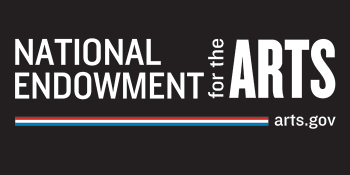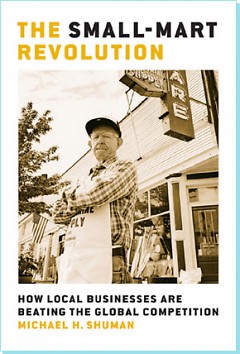“We need to have the wisdom to see the solutions and then have the courage to implement them.”
~ Rebecca Goh, Sustainable Business, MAPA Group Great Lakes
The book, Moral Ground: Ethical Action for a Planet in Peril, asks us to define what kinds of responsibilities we have regarding the environment. Edited by Kathleen Dean Moore and Michael Nelson, Moral Ground is a collection of essays from well known authors, religious leaders, civic leaders, and Nobel laureates from around the globe. While there are far too many names to list outright, some of the best known contributors include Desmond Tutu, Thomas Friedman, Barbara Kingsolver, Barak Obama, Terry Tempest Williams, and the Dalai Lama.
In an effort to nurture the intended conversation, Moral Ground’s editors have been holding a series of town hall meetings across the country. In anticipation of this event coming to Grand Rapids on Tuesday, October 26, Rapidian reporters are Asking GR the ‘Moral Ground’ question: Do we have a moral or ethical responsibility to preserve the planet for the future?
Rebecca Goh, a graduate of the Sustainable Business program at Aquinas, answers this question with a wholehearted “Absolutely.”
Goh is also an employee of MAPA Group Great Lakes, an international business development firm with offices in several countries including Spain. Having an interest in environmentally sustainable business models, this organization is in no small part responsible for bringing much of the wind industry to Michigan.
Goh says she decided to take a job at MAPA Group after she had spent some time in marketing and grew tired of selling widgets just for the sake of selling widgets. “If there wasn’t a market for something that we were selling, then we would try and create one for it.” Soon she became interested in sustainability and eventually went back to school to obtain her current degree.
Expanding on the concept of sustainability, Rebecca explains that true sustainability means the activities of people and businesses would have a zero impact on the environment. Ideally, the environment should be left better off than before people or businesses utilize its resources.
She mentions a few books written about this relatively new business philosophy. In Small Mart Revolution, author Michael H. Shuman outlines what he calls the triple bottom line: economy, environment, and social equity. Another concept stressed in Shuman’s book is doing business and consuming locally. But as Goh points out, this concept seems to run counterintuitive to the beliefs of the vast majority of economists today.
Expanding upon her response to the Moral Ground question, Goh explains that everyone needs the environment to survive and that “if you’re a person of faith then this planet is a gift.”
When asked what needs to change as far as people and the environment, Ms. Goh puts forth the lack of education about the environment. “Education is the biggest hurdle.” She describes a poll conducted a few years ago, regarding how much people actually knew about environmental issues. In the poll, administrators found that only 25% of the people polled knew anything specific about the environment.
Still, Goh believes we already have many of the technological solutions we need to alleviate some of the environmental problems we are facing today. Almost every environmental problem in existence now, she explains, already has an answer. “We just need to have the wisdom to see the solutions and then have the courage to implement them.”
According to Goh, the way business is conducted in the future will be much more environmentally friendly than it is today.
The Moral Ground Town Hall Meeting in Grand Rapids is being held downtown at Spectrum Theater on October 26 at 7:00 PM. It is free and open to the public.
The Rapidian, a program of the 501(c)3 nonprofit Community Media Center, relies on the community’s support to help cover the cost of training reporters and publishing content.
We need your help.
If each of our readers and content creators who values this community platform help support its creation and maintenance, The Rapidian can continue to educate and facilitate a conversation around issues for years to come.
Please support The Rapidian and make a contribution today.

